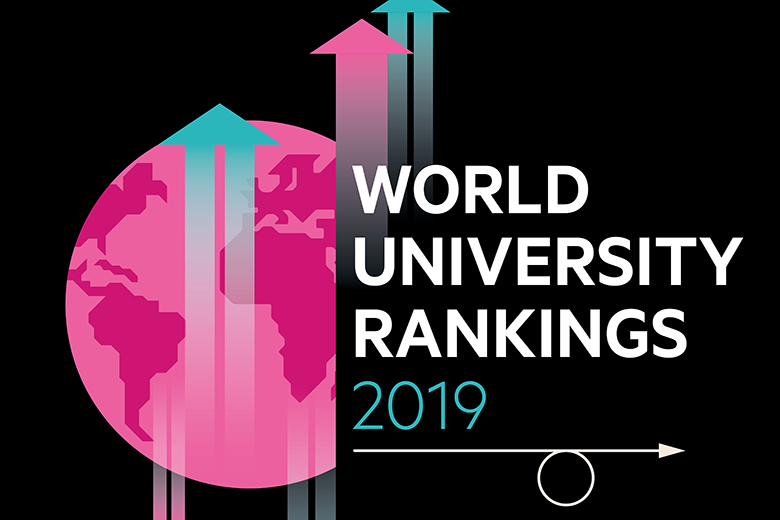Times Higher Education (THE) Magazine has its annual publication of university world rankings. India is one of the countries which have the largest contingency in universities being ranked on the list, with the United States, Japan, the United Kingdom, and China leading in front of them.
It has long been released but there’s a lot of furor going around till now as there are upsets in the World Rankings.
Instead of wondering why maybe the question should be how to get back on top – or maybe, rankings are not that important after all.
But, quantity does not always mean quality. Despite being 5th in the list with the number of university entries, their quality of education doesn’t seem to compensate well. None of their universities listed in THE rankings even made it to the top 300, considered to be the country’s poorest performance since 2012.
Shocking! India dropped from top 300 World Universities 2020 list of Times Higher Education (https://t.co/iSb6deQ31n)
So we are below 300 rank! Education quality declining?#IndianUniversities #highereducation— Dr Sundar (@Sundar6562) September 13, 2019
India’s Universities despite fall in World Rankings
In a statement to indianexpress.com by Rampgopal Rao, director of IIT-Delhi,
Rankings should not be the best quality indicator of Indian universities. THE is completely disconnected with India and they have no idea on how our institutions work.
On the other hand, IIT-Bombay also expressed that they haven’t submitted any data to THE this year. How can anyone mount a survey with data for the World Rankings?
Meanwhile, another global university ranking has also been released recently, the Quacquarelli Symonds (QS)’s World Employability Rankings. The results compared to THE differ a bit with four Indian universities placing in the top 200 but still none in the elusive top 100.
Lack of Research Culture
India’s low THE World Rankings might be the result of lack of funding in research and talented academicians, THE ranking takes in as a big factor the level of academic research universities have contributed.
Editorial director for THE, Phil Baty, shared in an interview that:
It takes serious investment and dependable funding to maintain world-class facilities, laboratories, and more importantly to keep talented scholars. The lack of funding forces scholars to find better opportunities in order universities outside India for their researches.
The teaching in India is commendable. The low rank in the list does not mean that education in India is bad, not better though compared to overseas universities. This is not considered as a decline in their quality brand of education, just that they are not aggressively improving enough to match other universities globally.
For some reason, this is why many bright scholars from India prefer to study overseas where funding for research is not a problem. This is the advantage of well-funded universities; they can easily attract scholars with very huge potential academically.







